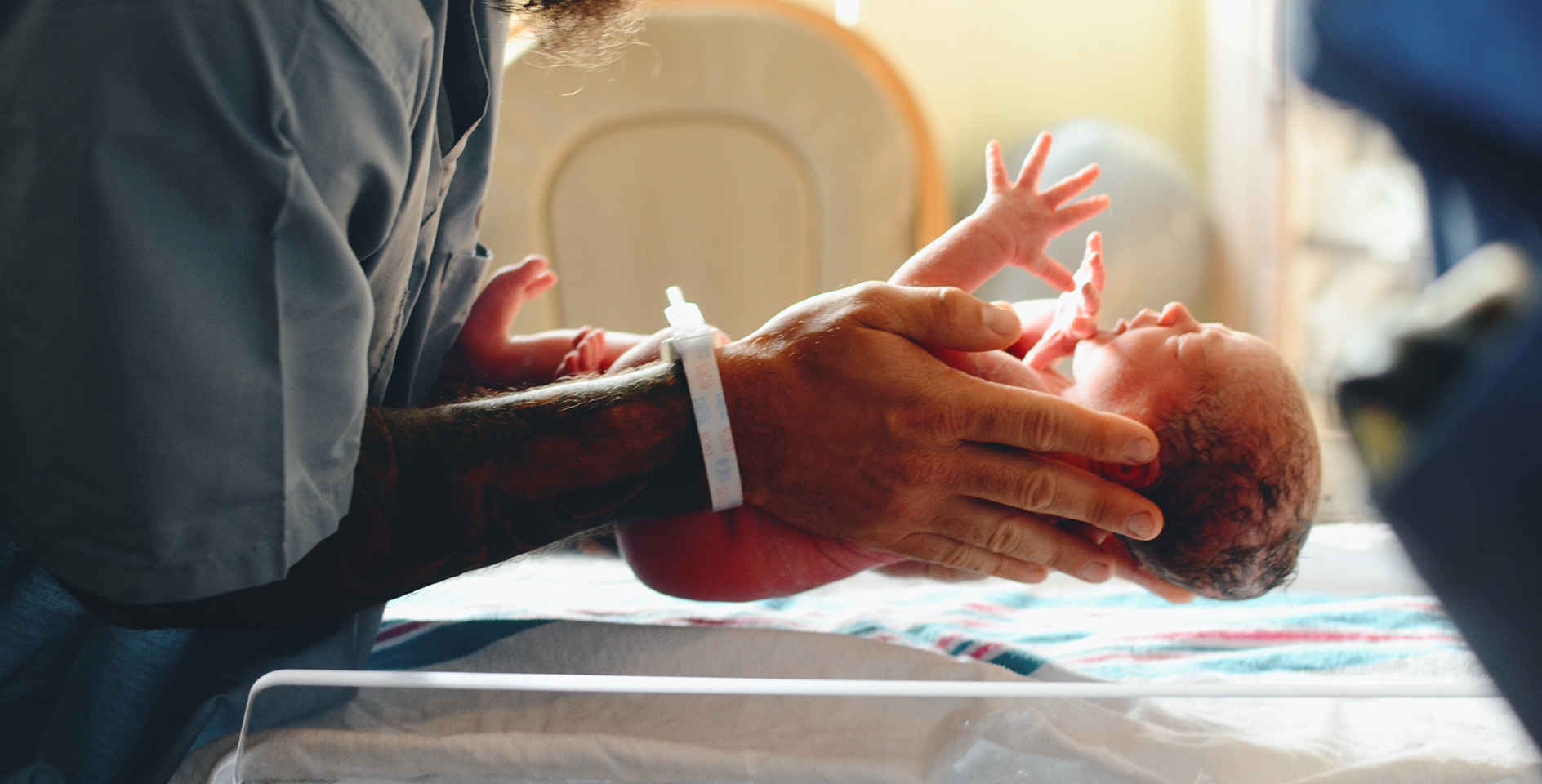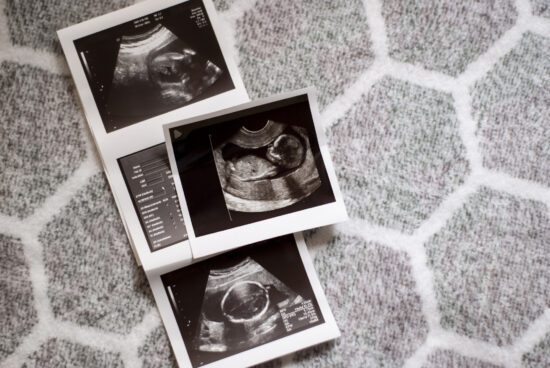A new study titled “Reconsidering fetal pain” was published in the Journal of Medical Ethics earlier this year. One of the most compelling things to note about this study is the differing worldviews of the authors. A pro-life and a pro-choice researcher came together to jointly address the updated evidence for fetal pain. One author believes that abortion is unethical, and the other believes that abortionion is “necessary for women’s health and autonomy.” While they drew different moral implications of fetal pain existing in an earlier gestational age, they were able to agree that fetal pain does exist in in a gestational window of 12-24 weeks.
Previously, most scientists and medical professionals, including the two researchers of this study, believed that pain could be felt at 22 weeks’ gestational age/20 weeks fetal age. This new study reconsiders that claim, and makes the case for pain being felt at an earlier gestational age. Stuart W.G. Derbyshire and John C. Bockmann state, “Overall, the evidence, and a balanced reading of the evidence, points towards an immediate and unreflective pain experience mediated by the developing function of the nervous system as early as 12 weeks.”
Upcoming vote on much-needed pro-life bills
One of the most chilling statistics in the study, is the fact that there are no other procedures on unborn babies in which the doctors don’t use anaesthesia as a standard operating procedure: “To our knowledge, all clinicians or surgeons working with fetal patients advocate the use of fetal anaesthesia and analgesia as standard practice.”
Abortion is the only procedure without anaesthesia or analgesia. Doctors treating unborn babies view them as patients and seek to treat them with as much care as they would a patient outside the womb in every instance, except for abortion. Yet, there are no federal protections to prevent unborn babies, who are capable of feeling pain, from being aborted. It ought to shock our consciousness that these pain-capable unborn babies in the United States do not have stronger protections. At a minimum, Congress should swiftly pass the Pain-Capable Unborn Child Protection Act, a bill that would, in most cases, make it unlawful to perform an abortion if the estimated post-fertilization age of a fetus is 20 weeks or more.
Pain-Capable legislation has already passed in several states, and the United States is one of only seven countries that allows on-demand abortions past 20 weeks. The other six are: North Korea, China, Vietnam, Singapore, Canada, and the Netherlands. America’s unborn children deserve strong protections.
The Senate is expected to vote next week on a package of pro-life bills, including the Pain-Capable bill and the Born-Alive Abortion Survivors Protection Act. The Born-Alive bill would amend the federal criminal code to require any health care practitioner who is present when a child is born alive following an attempted abortion to exercise the same degree of care as is reasonably provided to any other child born alive at the same gestational age and ensure that such a child is immediately admitted to a hospital.
We should pray for the Church to continue to step up in Jesus’ name, supporting vulnerable women and babies by providing them with the love, care, and hope that they need.
Not only does abortion end the life of an unborn baby, abortion does not honor women. Instead, abortion places them at a more significant disadvantage as it targets baby girls and harms women’s health long after the procedure. Late-term abortions are not safe for the mother. According to Dr. Donna Harrison, the executive director of the American Association of Pro-Life Obstetricians and Gynecologists, “Late-term abortions are much more dangerous for the mother than giving birth. Late-term abortions involve much higher risk of death from the abortion procedure itself, as well as higher risk of perforating the womb, massive bleeding, and damage to the womb.” The abortion lobby targets women when they are most vulnerable and doesn’t make room for restrictions or limits on abortion.
The majority of Americans support limits on abortion. According to a recent Marist poll, 70% of Americans would limit abortion to the first three months of pregnancy, or to a more stringent requirement. Nearly half of those who identify as pro-choice (47%) also support such restrictions. Labling someone as “pro-choice” doesn’t clearly indicate how they view restrictions and limits on abortion and lumps everyone into the same cateogry.
The Bible is clear that life begins at conception and that every life has inherent value, dignity, and worth. We should certainly work toward a day when aboriton is unthinkable, but in the meantime, we should support laws that protect the little ones in the womb. This important study on fetal pain ought to propel us to pray. We should pray that the U.S. Congress would pass legislation to protect pain-capable unborn children. We should pray women in vulnerable situations who are considering late-term abortions would choose life for their babies. And we should pray for the Church to continue to step up in Jesus’ name, supporting vulnerable women and babies by providing them with the love, care, and hope that they need.







